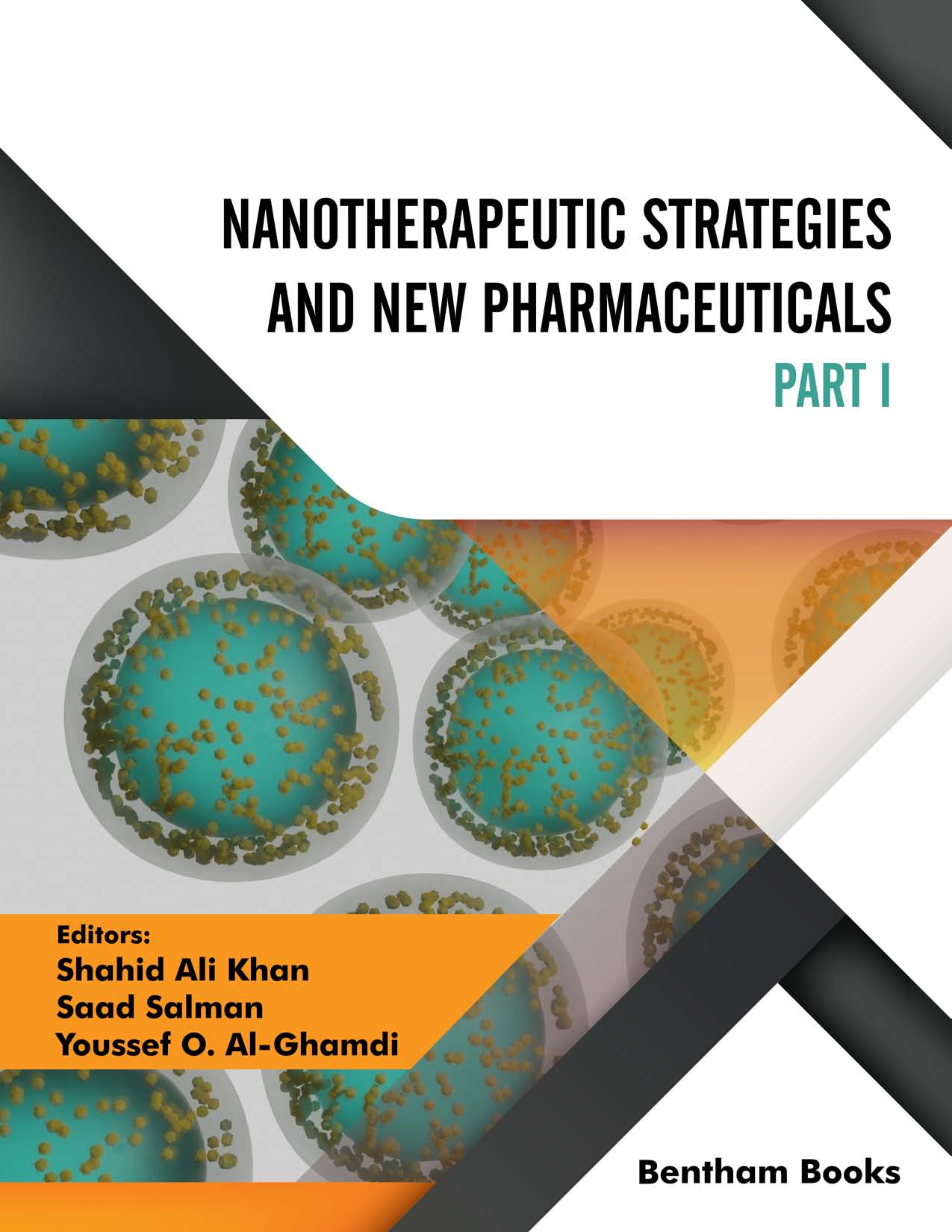Introduction
Advances in technology have enabled medicinal chemists to discover and formulate several highly specific, biocompatible, and non-toxic therapeutic agents for clinical applications. Nanotechnology has achieved significant progress in the last few decades and is crucial in every field of science and technology. Nanotechnology-based pharmaceuticals offer multifaceted and alternative methodologies in comparison to the limitations of many conventional clinical therapies. Expertise in designing and developing nanoformulations has helped in targeted drug delivery. Recently, the use of innovative therapeutic agents, particularly in nanomedicine, has accounted for a significant portion of the global pharmaceutical market and is predicted to continue to grow rapidly in the near future.
Nanotherapeutic Strategies and New Pharmaceuticals is an accessible multi-part reference which informs the reader about several new techniques based on nanotechnology. The chapters explain relevant topics in detail. The book is designed to encourage and help undergraduate, graduate and post-graduate students in the field of nanotherapeutics, pharmaceuticals and bio-organic chemistry through the use of didactic language and simple illustrations.
Part 1 of this book set explains general advances in nanomedicine, followed by chapters covering the role of nanotherapeutics in hematology and cancer treatment, as well as specific types of nanomaterials based on different components (such as boron, graphene, silver and other metals). The book also features a chapter that summarizes the processes for designing nanoparticles tailored for specific targets. The book serves as a textbook for students in pharmacology and medical biochemistry, as well as a quick reference for researchers on bio-organic chemistry, as well as general readers interested in nanomedicine.
Audience: Students in pharmacology and medical biochemistry, researchers in bio-organic chemistry, general readers interested in nanomedicine

